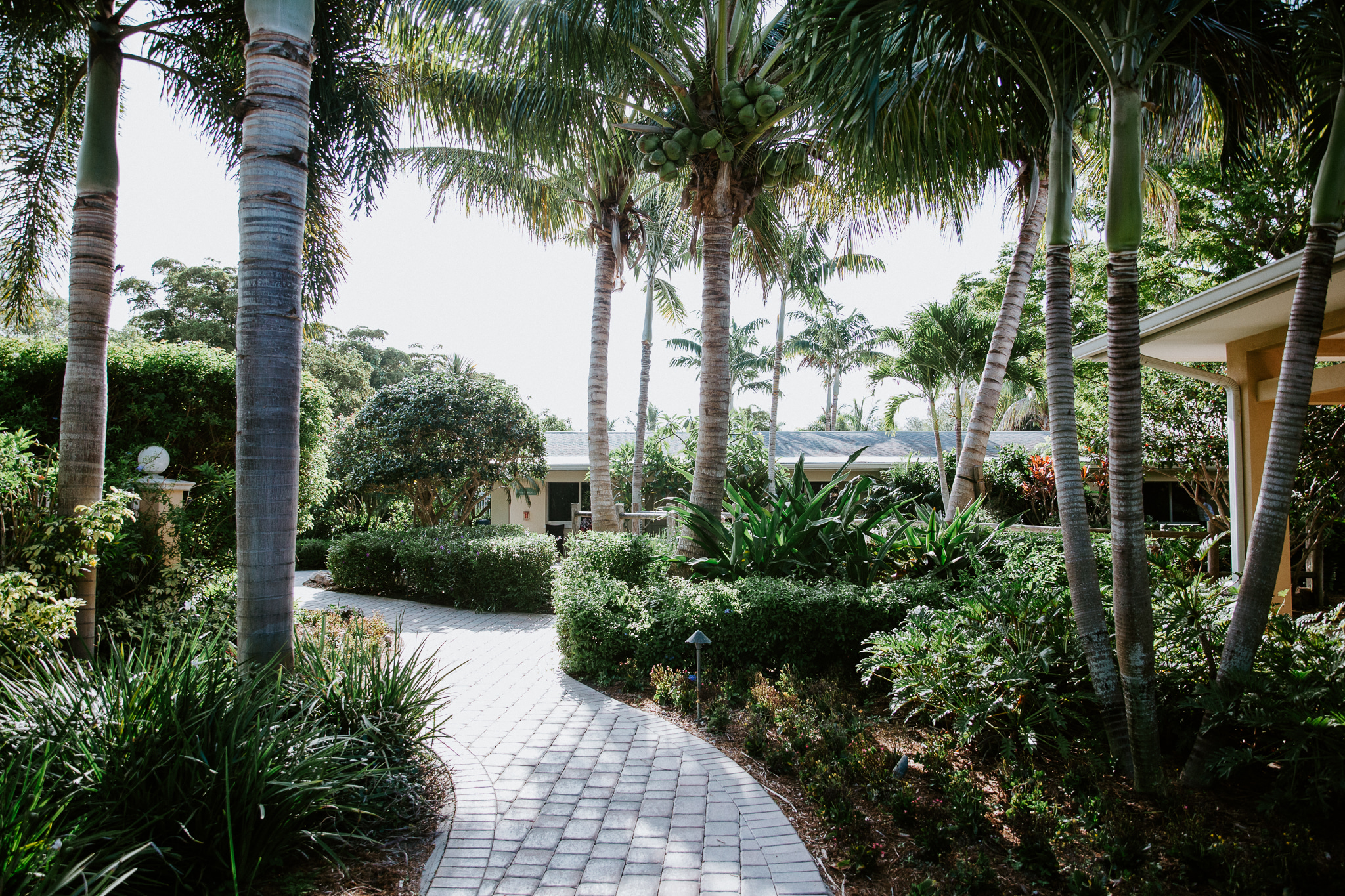Because assisted living residences and memory care centers serve populations considered at-risk during this COVID-19 crisis (older adults with chronic medical conditions), it is especially important for us to be proactive about protecting those relying on us for health and safety. Recently Florida issued an emergency order covering policies related to adult residence and care facilities. These guidelines were based upon recommendations of the Centers for Disease Control and Prevention (CDC).
In order to best protect our most vulnerable population, the following policies have been established statewide. Individual facilities may have variations on these guidelines and checklists.
- Cancel visitation except for compassionate care and end-of-life situations.
- Visitation for compassionate care typically limited to family members
- Restrict volunteers and non-essential healthcare personnel
- Eliminate all communal activities and group dining
- Execute screening of all residents and health care professionals; flagging fever and respiratory symptoms
Guidance from the CDC
In order to prevent illness and slow the spread of the virus, the CDC has issued COVID-19 guidance for nursing homes and assisted living facilities.
Cancel public activities and non-essential events: Although it may not be possible to cancel all events, facilities should make efforts to appropriately social distance (such as staggering meal times.) Programs with external staff should be limited, and chairs set up 6 feet apart for any gathering of less than 10 people. It is acknowledged that too much isolation in this population may cause depression, stress or anxiety; therefore taking steps to allow safe interaction is implied.
Clean and disinfect all common areas: Common spaces and high touch surfaces should be thoroughly cleaned and disinfected every day. High-touch surfaces may include door handles, faucets, toilet handles, light switches, elevator buttons, handrails, countertops, chairs, tables, remote controls, shared electronic equipment, and shared exercise equipment.
Provide information and education: Share facts about COVID-19 with residents, workers, volunteers, and visitors. Facilities may wish to provide printed materials and handouts and informational posters for common areas.
Encourage personal protective measures: Workers and volunteers providing care in adult residence facilities are advised to limit the number of people they interact with who are at higher risk of serious complications. Workers should wear PPE as advised and maintain a 6 foot distance whenever possible.
Consider limiting the number of non-essential visitors: Retirement communities and assisted living facilities should consider restrictions on visitation; such as limiting visitors to one per day, making sure visitors are healthy, and asking those who traveled recently to postpone their visit for 14 days. Workers, volunteers, and visitors are essential to protecting the health, and well-being for residents, but social distancing practices can help to minimize coronavirus transmission.
Screen and advise employees and essential volunteers: If possible, facilities should consider screening essential employees and volunteers who will be interacting with residents. This may include checking for a fever, shortness of breath or a cough. Employees who develop feverish symptoms, or symptoms of respiratory infection while on the job, to immediately put on a facemask, inform their supervisor, and leave the premises immediately.
Additional Tips:
- Sick employees should always stay home
- Put flexible sick-leave policies in place
- Consider flexible attendance policies such as remote working or staggered shifts whenever possible
- Teach and implement respiratory etiquette and hand hygiene policies
This is an exceptionally challenging time for those living in assisted living or memory care facilities. If your loved one lives with us at A Banyan Residence, please call to clarify visitation procedures and policies. We understand the need of your loved ones to stay connected, and we are here to help – while keeping them as safe as possible.

